
How the Prophet, on whom be peace, said in the ear of the stirrup-holder of the Prince of the Faithful ‘Alí, may God honour his person, “I tell thee, ‘Alí will be slain by thy hand” گفتن پیغامبر علیه السلام به گوش رکابدار امیر المؤمنین علی علیه السلام که کشتن علی بر دست تو خواهد بودن خبرت کردم
من چنان مردم که بر خونی خویش
نوش لطف من نشد در قهر نیش
I am such a man that the honey of my kindness did not become poison in wrath (even) against my murderer.
گفت پیغمبر به گوش چاکرم
کاو برد روزی ز گردن این سرم
The Prophet said in the ear of my servant that one day he would sever this head of mine from my neck.
کرد آگه آن رسول از وحی دوست
که هلاکم عاقبت بر دست اوست
The Prophet, being inspired by the Beloved (God) gave information that in the end my destruction would be (wrought) by his hand.
او همیگوید بکش پیشین مرا
تا نیاید از من این منکر خطا
He (my friend) says, ‘Kill me first, in order that this hateful crime may not proceed from me.’
من همیگویم چو مرگ من ز تست
با قضا من چون توانم حیله جست
I say, ‘Since my death is (to come) from thee, how can I seek to evade the destiny (of God)?’
او همیافتد به پیشم کای کریم
مر مرا کن از برای حق دو نیم
He falls before me, saying, ‘O generous man, for God’s sake cleave me in twain,
تا نیاید بر من این انجام بد
تا نسوزد جان من بر جان خود
That this evil end may not come upon me, and that my soul may not burn (with grief) for (thee who art) its (very) life.’
من همیگویم برو جف القلم
ز آن قلم بس سر نگون گردد علم
I say, ‘Go: the Pen (of Divine ordainment) is dry; by that Pen many a (lofty) landmark is overthrown.
هیچ بغضی نیست در جانم ز تو
ز آن که این را من نمیدانم ز تو
There is no hatred of thee in my soul, because I do not regard this (act) as (proceeding) from thee.
آلت حقی تو فاعل دست حق
چون زنم بر آلت حق طعن و دق
Thou art God’s instrument, God’s hand is the (real) agent: how should I assail and oppose God’s instrument?’”
گفت او پس آن قصاص از بهر چیست
گفت هم از حق و آن سر خفی است
He (the knight) said, “For what reason, then, is retaliation (sanctioned)?” “’Tis from God, too,” said ‘Alí, “and that is a hidden mystery.
گر کند بر فعل خود او اعتراض
ز اعتراض خود برویاند ریاض
If He takes offence at His own act, (yet) He causes gardens (of good) to grow from that taking offence.
اعتراض او را رسد بر فعل خود
ز آن که در قهر است و در لطف او احد
It beseems Him to take offence at His own act, inasmuch as in vengeance and mercy He is One.
اندر این شهر حوادث میر اوست
در ممالک مالک تدبیر اوست
In this city of phenomena He is the Prince; in (all) the realms (of the world) He is the Ruler.
آلت خود را اگر او بشکند
آن شکسته گشته را نیکو کند
If He breaks His own instrument, He mends that which has become broken.”
رمز ننسخ آیه او ننسها
نأت خیرا در عقب میدان مها
Recognise, O noble sir, the indication of (the text), (Whatever) verse We shall cancel or cause to be forgotten, followed by We shall bring a better.
هر شریعت را که حق منسوخ کرد
او گیا برد و عوض آورد ورد
Every (religious) law that God has cancelled—He has taken away grass and brought roses in exchange.
شب کند منسوخ شغل روز را
بین جمادی خرد افروز را
Night cancels the business of day: behold an inanimateness (inertia) that enlightens the intellect!
باز شب منسوخ شد از نور روز
تا جمادی سوخت ز آن آتش فروز
Again, night is cancelled by the light of day, so that the inanimateness is consumed by that fire-kindling one.
گر چه ظلمت آمد آن نوم و سبات
نی درون ظلمت است آب حیات
Although that sleep and rest are darkness, is not the Water of Life within the darkness?
نی در آن ظلمت خردها تازه شد
سکتهای سرمایهی آوازه شد
Did not minds become refreshed in that darkness? Did not a pause (in recitation) become the source of (increased beauty in) the voice?
که ز ضدها ضدها آمد پدید
در سویدا روشنایی آفرید
For contraries are manifested by means of contraries: in the black core (of the heart) He (God) created the light (of love).
جنگ پیغمبر مدار صلح شد
صلح این آخر زمان ز آن جنگ بد
The wars of the Prophet became the pivot (determining cause) of peace: the peace of this latter age was (produced) from those wars.
صد هزاران سر برید آن دلستان
تا امان یابد سر اهل جهان
That heart-ravisher cut off hundreds of thousands of heads, in order that the heads of the (whole) world’s people might win security.
باغبان ز آن میبرد شاخ مضر
تا بیابد نخل قامتها و بر
The gardener lops the harmful bough, in order that the date-palm may gain (tallness of) stature and goodness.
میکند از باغ دانا آن حشیش
تا نماید باغ و میوه خرمیش
The expert (gardener) digs up the weeds from the garden, in order that his garden and fruit may look flourishing.
میکند دندان بد را آن طبیب
تا رهد از درد و بیماری حبیب
The physician extracts bad teeth, in order that the beloved (patient) may be saved from pain and sickness.
بس زیادتها درون نقصهاست
مر شهیدان را حیات اندر فناست
Advantages, then, are (concealed) within defects: for martyrs there is life in death.
چون بریده گشت حلق رزق خوار
یرزقون فرحین شد گوار
When the (martyr’s) throat has been cut that swallowed the daily bread, (the spiritual blessings implied in the text) receiving the (Divine) bounty, rejoicing, shall be delicious (to him).
حلق حیوان چون بریده شد به عدل
حلق انسان رست و افزون گشت فضل
When the animal throat is justly cut (i.e. when the sensual capacities and faculties of the soul have been mortified), there grows (from it) the human throat (i.e. the rational capacities and faculties), and its excellence is increased (thereby).
حلق انسان چون ببرد هین ببین
تا چه زاید کن قیاس آن بر این
When a (martyred) man’s throat is cut, come, consider what the result will be! Judge of this (case) by the analogy of that (case).
حلق ثالث زاید و تیمار او
شربت حق باشد و انوار او
A third throat will be born, and care of it will be (taken by) the sherbet of God and His lights.
حلق ببریده خورد شربت ولی
حلق از لا رسته مرده در بلی
The throat that has been cut drinks (the Divine) sherbet, but (only) the throat that has been delivered from Nay and has died in Yea.
بس کن ای دون همت کوته بنان
تا کیات باشد حیات جان به نان
Make an end, O pusillanimous short-fingered (infirm) one! How long will the life of thy spirit be (sustained) by bread?
ز آن نداری میوهای مانند بید
کآبرو بردی پی نان سپید
Like the willow, thou hast no fruit, because thou hast lost thine honour for the sake of white bread.
گر ندارد صبر زین نان جان حس
کیمیا را گیر و زر گردان تو مس
If the sensual soul cannot refrain from this bread, take the elixir and turn thy copper into gold.
جامه شویی کرد خواهی ای فلان
رو مگردان از محلهی گازران
Wouldst thou wash thy garment (clean), O so-and-so, do not avert thy face from the bleachers’ quarter.
گر چه نان بشکست مر روزهی ترا
در شکسته بند پیچ و برتر آ
Although the bread has broken thy fast, cling to Him that binds what is broken, and ascend!
چون شکسته بند آمد دست او
پس رفو باشد یقین اشکست او
Inasmuch as His hand binds what is broken, it follows that His breaking is assuredly mending.
گر تو آن را بشکنی گوید بیا
تو درستش کن نداری دست و پا
It thou break it, He will say to thee, “Come, make it whole (again)”; and thou hast neither hand nor foot (thou art helpless).
پس شکستن حق او باشد که او
مر شکسته گشته را داند رفو
Therefore He (alone) has the right to break, for He (alone) can mend what has been broken.
آن که داند دوخت او داند درید
هر چه را بفروخت نیکوتر خرید
He that knows how to sew (together) knows how to tear (asunder); whatsoever He sells, He buys (something) better (in exchange).
خانه را ویران کند زیر و زبر
پس به یک ساعت کند معمورتر
He lays the house in ruins, upside down; then in one moment He makes it more habitable (than it was before).
گر یکی سر را ببرد از بدن
صد هزاران سر بر آرد در زمن
If He sever one head from the body, He at once raises up hundreds of thousands of heads (for the beheaded person).
گر نفرمودی قصاصی بر جناة
یا نگفتی فی القصاص آمد حیات
If He had not ordained a retaliation upon the guilty, or if He had not said, “In retaliation there is (for you) a life,”
خود که را زهره بدی تا او ز خود
بر اسیر حکم حق تیغی زند
Who indeed would have the stomach (would dare) of himself (on his own responsibility) to wield (draw) a sword against him that is a thrall to the decree of God?
ز آن که داند هر که چشمش را گشود
کآن کشنده سخرهی تقدیر بود
Because every one whose eyes He (God) hath opened would know that the slayer was constrained (to slay) by (Divine) predestination.
هر که را آن حکم بر سر آمدی
بر سر فرزند هم تیغی زدی
Any one on whom that decree might come (fall) would strike a sword-blow even at the head of his (own) child.
رو بترس و طعنه کم زن بر بدان
پیش دام حکم عجز خود بدان
Go, fear (God) and do not rail at the wicked: know thine own impotence before the snare of the (Divine) decree.
Special Offers
by: Reza about (category: Masnavi)


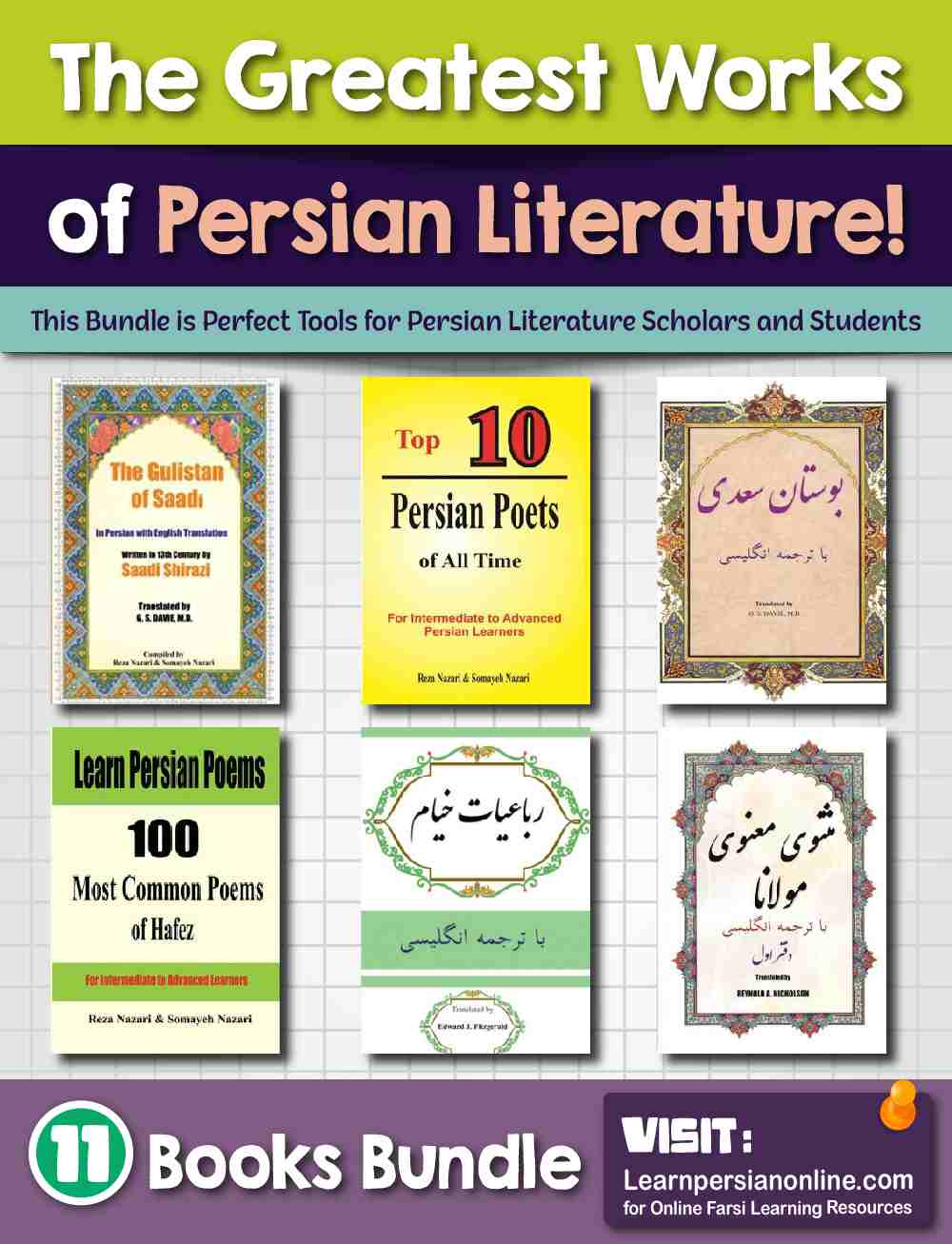
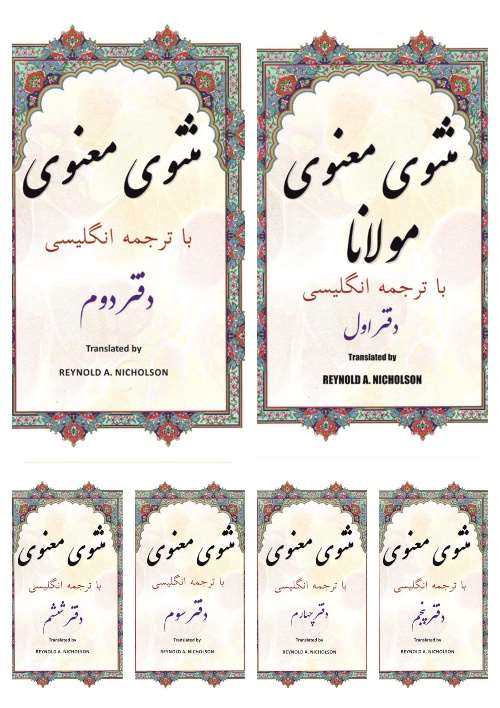
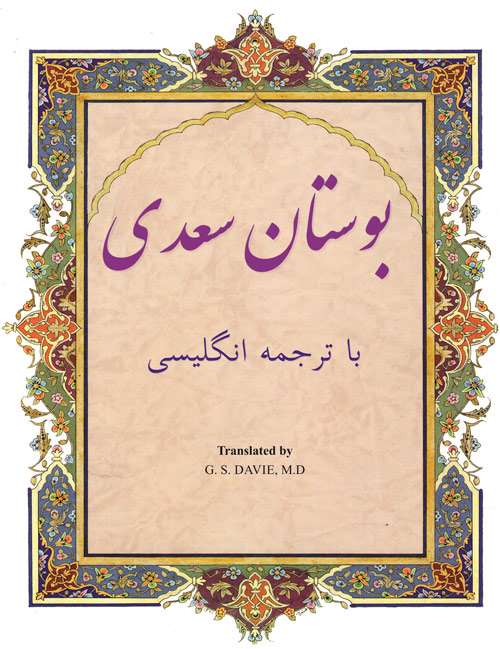
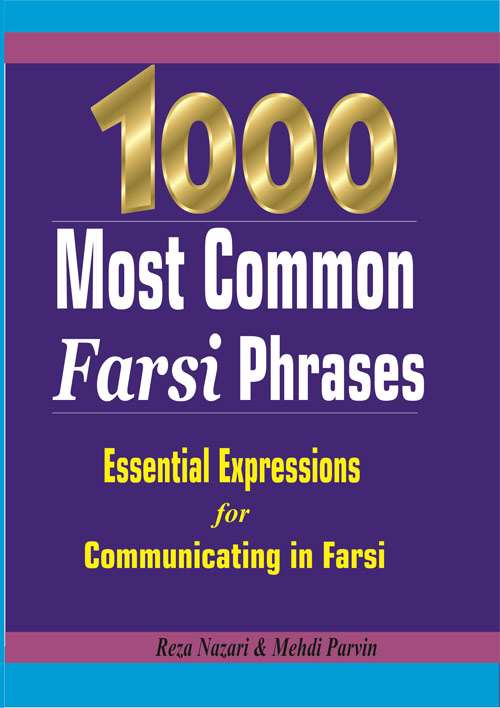
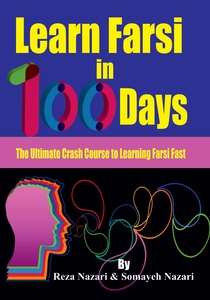






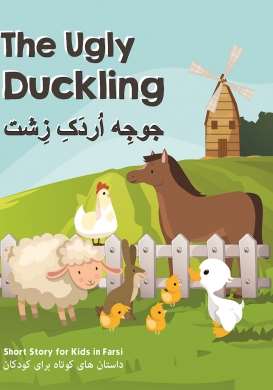
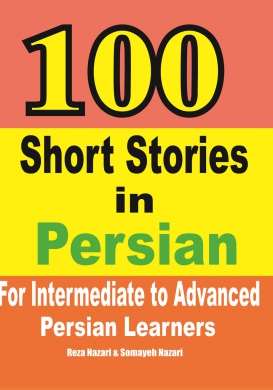
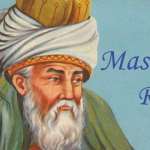
What people say about "How the Prophet, on whom be peace, said in"?
No one replied yet.